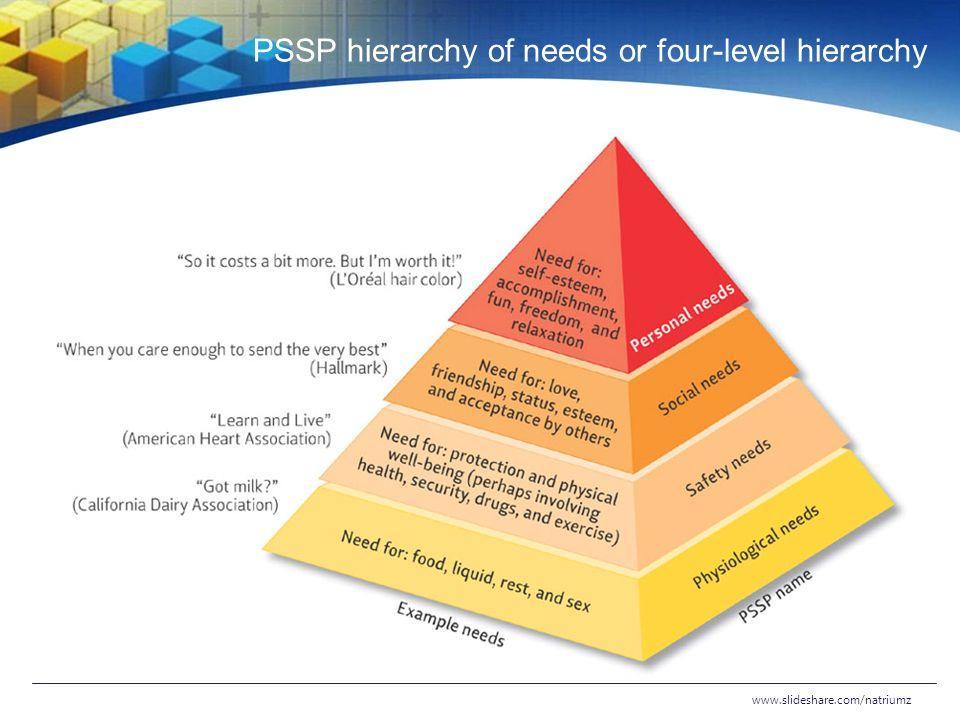Answer:
FOR INSTANCE both of them are already managers in their companies
Explanation:
Answer is b
Explanation:
I hope you do amazing on your test :)
<h3 />
Answer:
Eharmony's appeal is to satisfy consumer's physiological, safety, social and personal needs in Marslow's PSSP needs hierarchy.
Explanation: Marslow's needs hierarchy places human needs into four groups and posits that according to how much they motivate people to meet them they are physiological need, safety needs, social needs and personal needs.
- Eharmony appeals to consumers seeking to get matched to a partner for the physiological need for sex, which is a major factor in most romantic relationships.
- Safety, as a need includes safety of a person's family members, especially children. Some single parents get into relationships with the aim of finding a partner that would be willing to adopt and co-parent their children. Such people would find their safety needs met if they got matched to someone who fulfills the parenting role they seek for their children.
- Love, friendship and acceptance are some of the strongest social needs and most people seeking to be matched on online dating platforms are seeking to meet those needs. Eharmony advertises its computer algorithm that it claims can use research-proven methods to connect consumers to the person they are most likely to find love and friendship with.
- Eharmony appeals to consumers seeking to meet their personal needs in two ways. First, the need for fun, relaxation and adventure could be met for their consumers if the match results in a relationship that turns out to be happy. Second, because eharmony is more expensive to join than most other online dating platforms, it may serve as a status symbol to some customers, leting them derive the self-esteem that comes from belonging to an exclusive community.

Answer:
Peaceful and aggressive approaches contributed to the ratification of the 19th Amendment on August 18, 1920.
Explanation:
https://brainly.in/question/17215453
Hope this helps.
Answer: prior restraint: censorship or publication
Explanation:
Confidentiality and sources: media stories about events that are not usually made public.
FCC: independent agency of united states government to regulate interstate communication by radio, television and satellite in all states.
Equal time rule. The tendency of a national media to be suspicious of officials and eager to review unflattering stories about them.